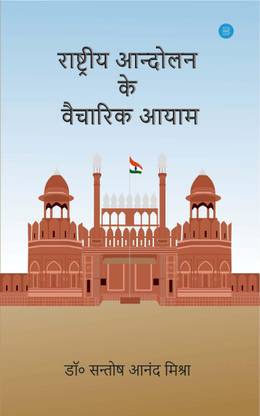Freedom Fighter Jankidevi Bajaj (7 January 1893 – 21 May 1979)
Introduction
Alongside many men, countless women also enriched the Indian freedom struggle with their extraordinary contributions. One such inspiring figure was Jankidevi Bajaj—a devoted freedom fighter, social reformer, staunch follower of Gandhian philosophy, and a true patriot who dedicated the majority of her life to serving the nation and society.
Early Life and Background
Jankidevi Bajaj was born on 7 January 1893 into a prosperous Marwari family in British India. She was married to Jamnalal Bajaj, a renowned industrialist and freedom fighter, who was also a close associate of Mahatma Gandhi. After marriage, Jankidevi redefined the role of a traditional housewife by integrating it with national service and social reform. She stood shoulder to shoulder with her husband in the freedom struggle and embarked on the path of Swaraj (self-rule).
Gandhian Influence and Participation in National Movements
Jankidevi was deeply influenced by the ideals of Mahatma Gandhi. She adopted truth, non-violence, and the Swadeshi movement as the core principles of her life. She renounced foreign goods, wore khadi, and actively spun the charkha. She took part in major movements like the Salt Satyagraha, Non-Cooperation Movement, and Individual Satyagraha, and was imprisoned several times for her activism.
Her contribution wasn’t limited to political struggle alone; she also worked tirelessly for the upliftment of the marginalized, especially women and Dalits (then referred to as Harijans). She openly opposed caste discrimination and supported Gandhi’s Harijan upliftment campaign.
Social Work and Women Empowerment
Jankidevi Bajaj was a strong advocate for women’s education. She not only promoted literacy among women but also initiated training programs to make them self-reliant. She raised her voice against societal evils like purdah, child marriage, and untouchability.
She firmly believed that India could not be truly free unless its women were educated, aware, and independent. She established women’s organizations in rural areas and inspired many women volunteers to take up leadership roles in social service.
Awards and Recognition
In recognition of her immense contributions to society and the nation, the Government of India honored her with the Padma Vibhushan in 1956—the country’s second-highest civilian award. This accolade celebrated her work in the fields of social service, women’s empowerment, and the freedom struggle.
Demise
This great daughter of India passed away on 21 May 1979. Her death marked the end of an era defined by struggle, service, and sacrifice. She helped lay the foundation of a society where women could pursue self-realization and nation-building with equal footing.
Conclusion
Jankidevi Bajaj was not just a freedom fighter; she was a torchbearer of social consciousness, a symbol of women’s empowerment, and a living embodiment of Gandhian ideals. Her life proves that true patriotism lies not only in participating in movements but also in transforming society from within. Her legacy continues to inspire all who aspire to selflessly serve the nation and its people.












0 Comments
Thank you